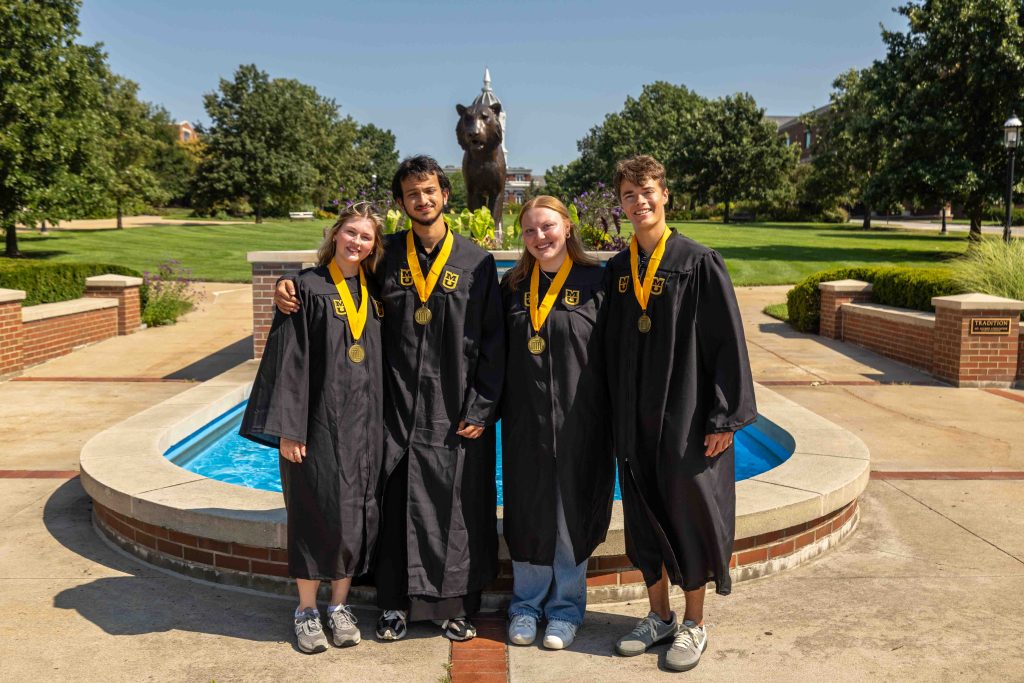Mizzou Academic Programs
Mizzou Academic Programs
The Office of the Provost supports academic program leaders, faculty and staff to ensure that all of Mizzou’s academic offerings are rigorous, innovative and responsive to the needs of students and external constituents across the state of Missouri and beyond. This includes supporting academic program proposals and changes, facilitating annual updates for academic programs and five-year reviews for academic programs and centers, and maintaining Mizzou’s university accreditation through the Higher Learning Commission.
Academic Year 2024-25
Academic Programs by the Numbers
16
5-year academic program reviews completed
50
Annual academic program updates completed
11
New academic program emphasis areas approved
New Degree Programs Approved in Academic Year 2024-25
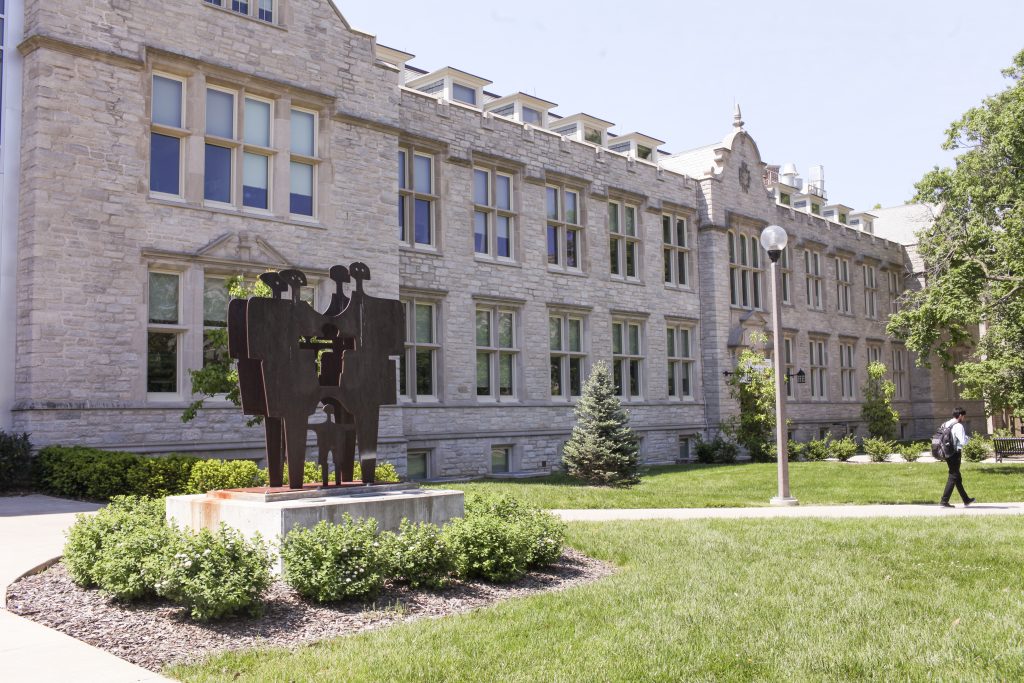
PhD in Human Development & Family Science
“The HDFS PhD program is known nationally for creating a research-intensive learning environment that challenges each of our students to reach their various potentials, leading to many of our alumni holding jobs at research intensive universities around the world.” - Brenda Lohman, chair and professor
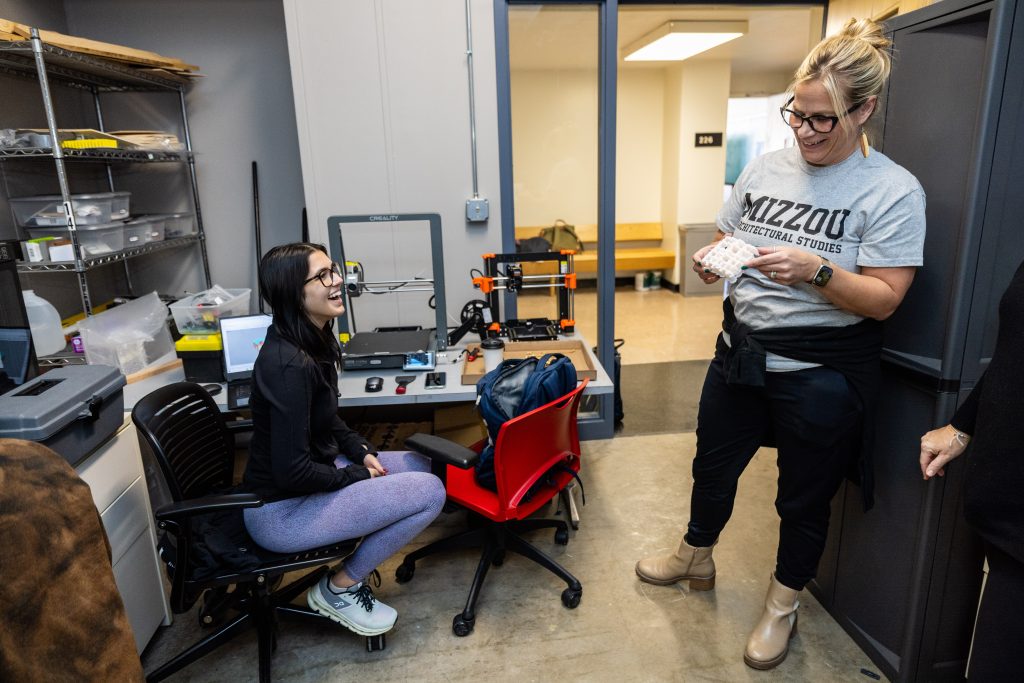
Master of Architecture
"We are thrilled to offer a streamlined path to a terminal professional degree in Architecture that will provide affordable and practical opportunities for those in pursuit of positions in the Building, Design, and Construction Industry. This program will have a positive impact on the regional workforce, and we are proud of what our graduates will contribute to the betterment of the built environment in the State of Missouri and beyond." - Lyria Bartlett, chair and associate teaching professor
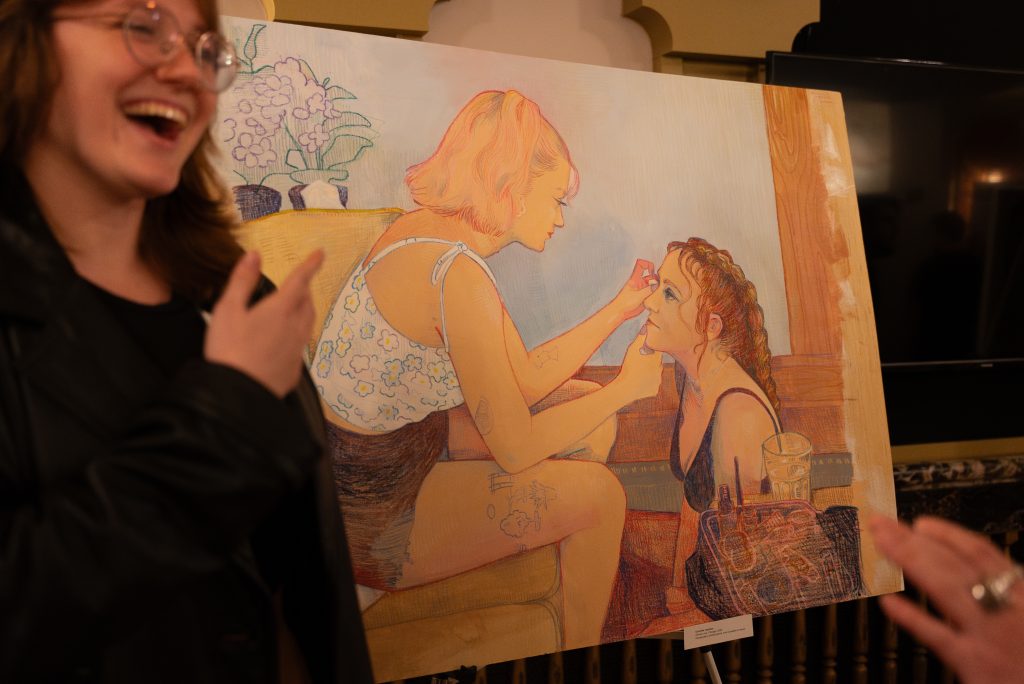
BFA in Graphic Design
“School of Visual Studies is excited for the establishment of the Graphic Design BFA Program as a distinct area within the School of Visual Studies of Mizzou’s College of Arts & Science. Its courses allow students to combine creativity and design-thinking with practical skill-building to develop knowledge in theoretical principles and technical strategies for visual problem solving. SVS students gain important hands-on experience and well-rounded portfolios that will serve them well when seeking future design employment.” - Cathleen Fleck, Director of Visual Studies
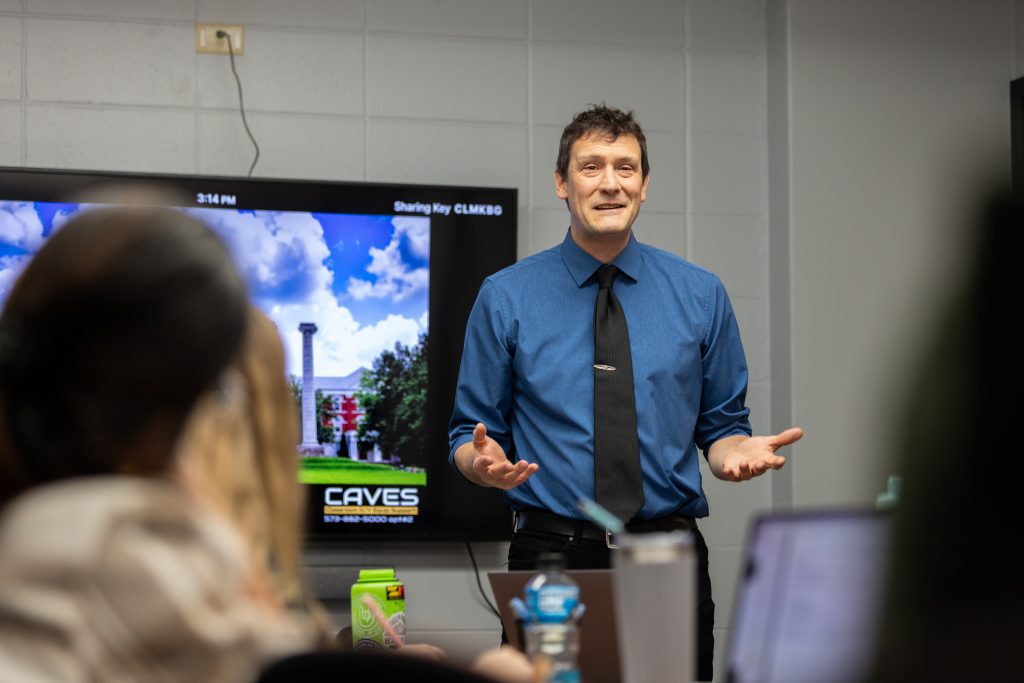
BS in Criminal & Justice Studies
“Mizzou’s new Bachelor of Science in Criminal and Justice Studies (CJS) is designed to meet the growing workforce demands in law enforcement, corrections, and court and social service positions. CJS is an interdisciplinary and experiential degree program with courses taught by interdisciplinary CJS faculty with expertise in criminal law, psychological and social sciences, and related areas of study who will prepare CJS students with the knowledge and skills needed to address the complex challenges facing today’s justice system.” - Aaron Thompson, director and professor
Assessing Educational Outcomes for Mizzou Academic Programs
The Mizzou Educational Assessment App, developed through a collaboration between the Office of Educational Assessment and the MU Data Analytics Team, has launched and is now a core part of program assessment across campus. Used by over 392 academic programs—including emphasis areas, minors, and certificates—the app visualizes both the alignment of course objectives to program outcomes and the results of direct assessment of student learning. Faculty have created more than 25,000 mappings connecting 8,026 course objectives to outcomes, spanning over 1,600 courses.
Recognized by the Higher Learning Commission and featured at the 2025 HLC Annual Conference, the app provides a faculty-centered, visual alternative to commercial systems. Its integration with campus data enables departments to analyze where learning occurs, view results of direct assessment, and make targeted improvements—ultimately strengthening the student learning experience.
Revising Mizzou’s General Education Program
General Education Task Force
The Office of the Provost and MU Faculty Council have partnered to launch a General Education Task Force. This task force will review Mizzou’s General Education Program, examine best practices at other institutions, and make recommendations for revisions to the program. A request for task force nominations was announced during Summer 2025 and the task force will begin work in Fall 2025. The task force’s work will include a variety of community engagement sessions and opportunities for faculty, staff, and students across campus to provide input.
